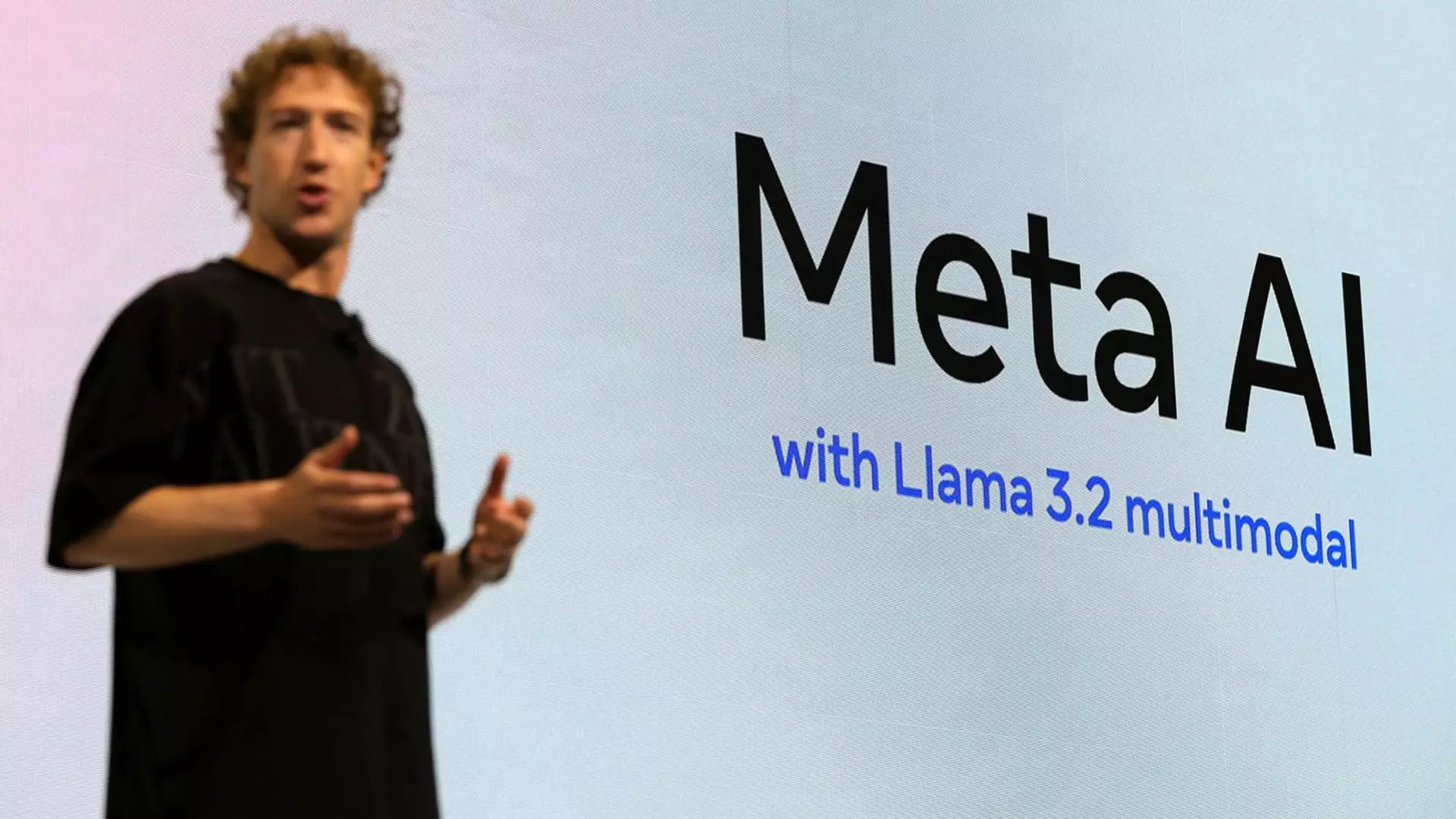The recent ruling in the case involving Meta and a group of 13 authors, including notable figures like Sarah Silverman and Ta-Nehisi Coates, has exposed the deep fissures in the conversation surrounding copyright law in the age of artificial intelligence. When U.S. District Judge Vince Chhabria ruled in favor of Meta, he didn’t just decide a specific case; he opened Pandora’s box regarding the future of intellectual property in a digital world—one dominated by machine learning and vast data pools.
This judgment intersects the tricky domain of fair use, a legal doctrine that allows limited use of copyrighted material without permission from the rights holders. While the law is certainly not new, its application in the digital landscape has become fraught with uncertainty. Meta’s argument—that its models utilize copyrighted works in a transformative way—has solidified their position, but at what cost to the original authors? The repercussions for the literary community are profound, as creative works become sources for profit without consensual partnerships.
Understanding Fair Use: A Double-Edged Sword
The idea of fair use is central to this legal contest, and Judge Chhabria’s statements indicate a willingness to embrace creative disruption as a positive evolution within technology. However, this perspective can be dangerously simplistic. By asserting that Meta’s utilization of books for training its Llama AI model does not constitute market harm, the court downplays the real stakes involved. Original authors who see their works reproduced in AI algorithms without any form of compensation or acknowledgement represent a clear betrayal of creative rights.
There’s something fundamentally unsettling about a judicial system encouraging technological innovation at the expense of the creativity that fuels it. The argument that fair use can operate as a shield for companies like Meta ignores the messy reality of how authors and independent creators sustain themselves. While the court refrains from labeling the use of copyrighted works as unlawful, it leaves authors vulnerable to exploitation by dismissing the potential damage to their market viability. Can we truly ignore the existential threat posed to writers when AI-driven models can generate text that closely mimics their unique voices?
The Implications for Future Legal Battles
Judge Chhabria’s ruling is undeniably a victory for Meta, but it is also a clarion call for authors to sharpen their legal strategies. The decision does specify that other authors may still pursue their claims, hinting that future cases could bring different outcomes. Meanwhile, the ongoing discussions regarding unauthorized distribution—potentially risking the future of many literary works in digital libraries—complicate matters further.
If the court makes room for further lawsuits, it signals an opportunity for authors to redefine their rights in this uncharted territory. How can they navigate a landscape where machine-learning models claim to innovate while potentially undermining the very fabric of authorship? In an age where every tweet or online post can be repurposed for AI training, the failure to establish clear boundaries raises the stakes significantly.
A Dichotomy of Progress and Rights
While there is undeniable value in the innovations driven by AI, there is a stark binary emerging between technological advancement and the preservation of intellectual property rights. The legal system is yet to catch up with a rapidly evolving digital environment that seems to favor corporate interests over individual creators. This case underlines the crucial need for reform in copyright laws, ensuring they guard against appropriation while still allowing technological progress.
Meta’s spokesperson hailed the court’s decision as a foundation for innovation, embracing fair use as a legal cornerstone. However, one must question: is open-source AI truly empowered if it feeds on the ashes of original works without due credit or compensation? The jury’s still out on whether this balance is sustainable or ultimately detrimental for those whose creativity feeds the algorithms.
The dialogue surrounding copyright in the world of generative AI is just beginning. As the dust settles from this ruling, it remains imperative that society fosters an environment where innovation does not occur at the expense of meaningful contributions from creators. The consequences will determine whether we embrace a vibrant cultural landscape or witness a gradual stifling of creative output amid the noise of ever-encroaching technology.

